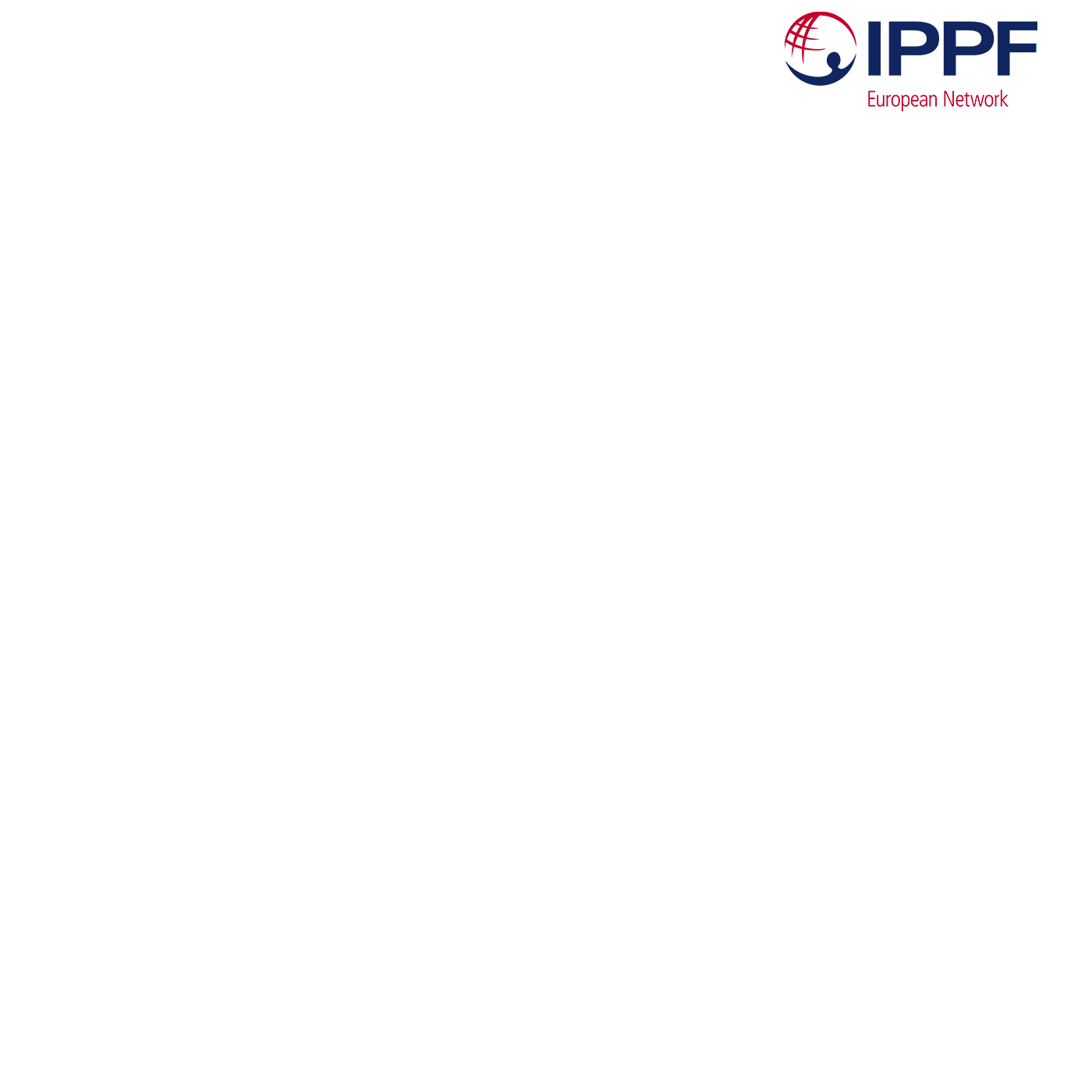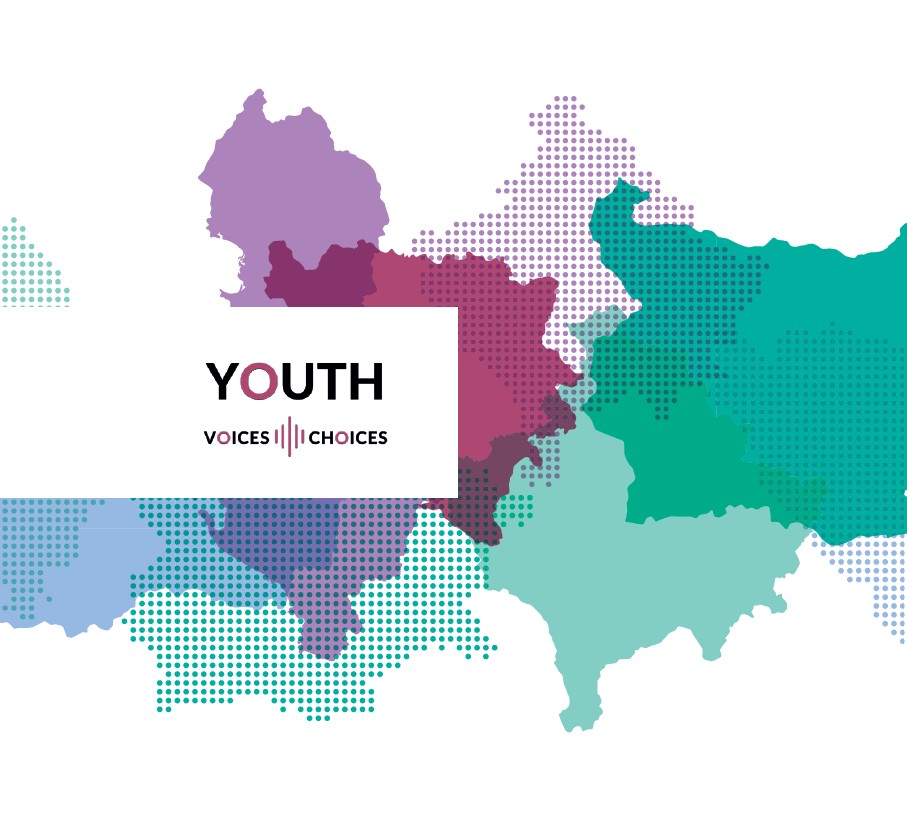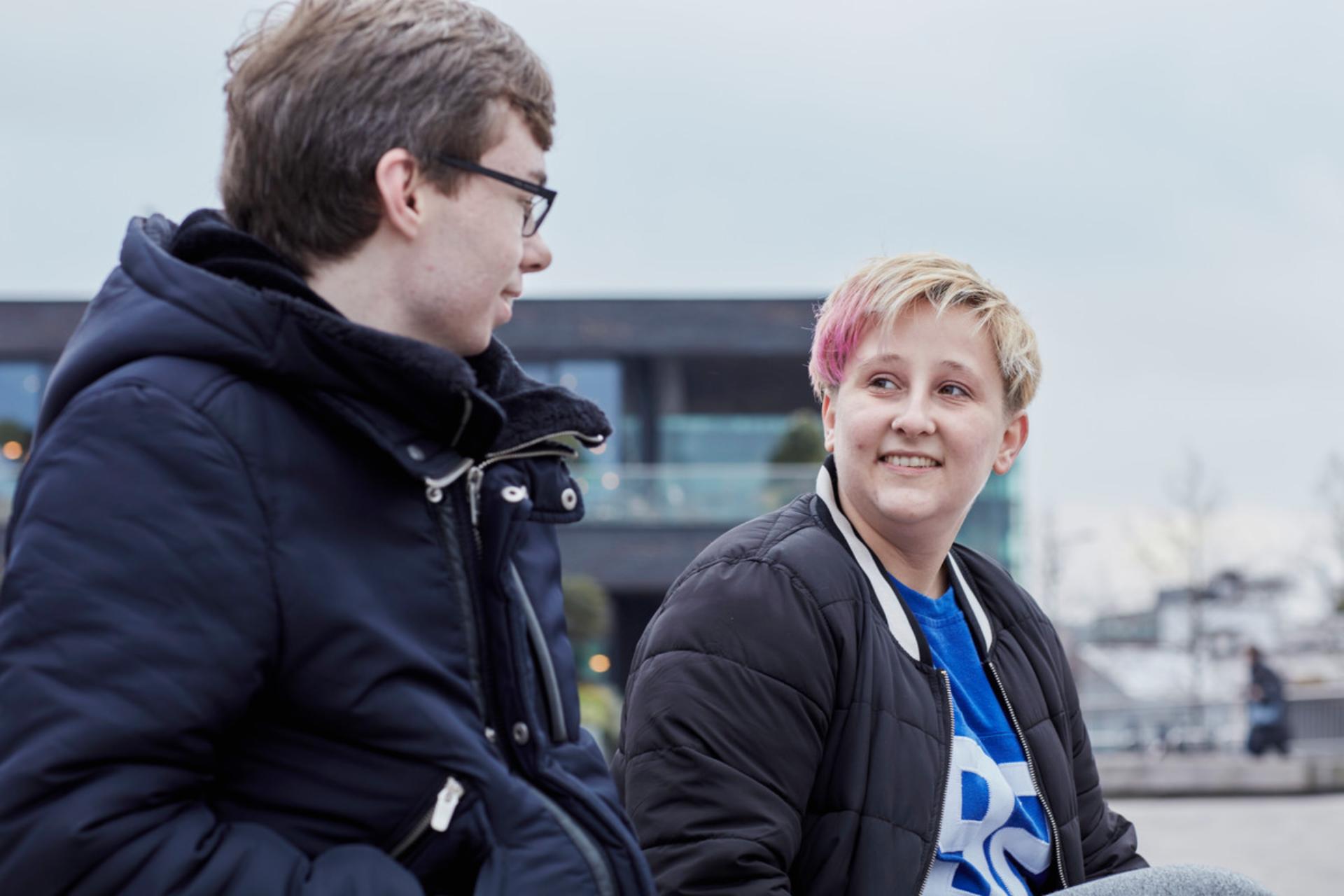Spotlight
A selection of resources from across the Federation

2022 IPPF EN Annual Report
Download our Annual Report to read about our activities and achievements in 2022.
Filter our resources by:


| 07 October 2015
Policy Briefs on Sexuality Education
The Federal Centre for Health Education BZgA in Germany, the United Nations Population Fund (UNFPA Regional Office for Eastern Europe and Central Asia), and the World Health Organisation (WHO Regional Office for Europe) with input from various experts, including representatives from IPPF EN Member Associations, jointly develop a series of policy briefs on sexuality education. The first two issues have now been released and answer the questions: - What is sexuality education? - And what is the impact of sexuality education? The policy briefs are targeted to politicians and other decision makers, primarily in Europe and Central Asia, and provide them with short and comprehensive information on different issues regarding sexuality education. As an advocacy tool, the policy briefs promote good quality sexuality education as an effective life-course intervention which supports children and young people in protecting their sexual health and general well-being. Policy brief No. 1 provides background information on the history, the benefits and the rights-based approach of sexuality education and further discusses myths and facts in this field. It argues that children and young people can greatly benefit from good quality sexuality education, which are age and development appropriate. Policy brief No. 2 summarises the scientific evidence regarding the impact of sexuality education on the sexual health and well-being of children and young people. In this regard, it explores public health-related indicators but also so called “soft outcomes” of sexuality education, such as the development of a positive attitude towards sexuality, as well as skills in communication, decision-making and critical thinking. It is also possible to order hard copies from BZgA.

| 15 January 2015
Women's access to modern contraceptive choice - Barometer 2015
A ‘Barometer’ report launched by IPPF EN in 2015 analyses how easily women in 16 EU countries can access modern contraceptives. It finds that overall, the situation in most countries has stagnated or worsened in recent years. The EU countries covered by the report are: Bulgaria, Cyprus, Czech Republic, Denmark, Finland, France, Germany, Ireland, Italy, Latvia, Lithuania, The Netherlands, Poland, Romania, Spain, and Sweden. Information on participating national partners can be found in the report. The report’s findings are based on information about the national policy landscapes provided by national experts in each of the 16 countries, using a series of policy benchmarks that are key to ensuring access to modern contraceptives. The information was collected, analysed and reviewed between May and November 2014. The report is endorsed by the European Society of Contraception and Reproductive Health (ESC) and International Centre for Reproductive Health (ICRH).
| 10 January 2015
Call to Action: Women's access to modern contraceptive choice - Barometer 2015
We call on national decision-makers to support the implementation of a comprehensive approach to contraceptive choice in the 16 countries within a broader sexual and reproductive health and rights agenda. This is fundamental to ensuring the wellbeing of all women and girls, particularly the most vulnerable and is a crucial precondition to allowing women and couples the freedom to choose parenthood or not. It is a competence of EU Member States to formulate and implement SRHR policies at a national level. Yet when it comes to public health and non-discrimination, the EU can exercise policy-making, foster research and the exchange of best practices, and better support the implementation of SRHR at national level. Therefore, the Barometer partners call for a structured dialogue involving all relevant stakeholders at EU and national levels. Additionally, we urge the EU to make a greater investment in SRHR research and data collection.
| 06 June 2013
Barometer on Women's access to Modern Contraceptive Choice 2013
The Barometer of Women’s Access to Modern Contraceptive Choice in 10 EU Countries was developed by the IPPF European Network. The report is supported by a grant from Bayer HealthCare as a contribution improved delivery of healthcare and related health services. The following ten countries were included in the report: Bulgaria, Czech Republic, France, Germany, Italy, Lithuania, The Netherlands, Poland, Spain and Sweden.
















